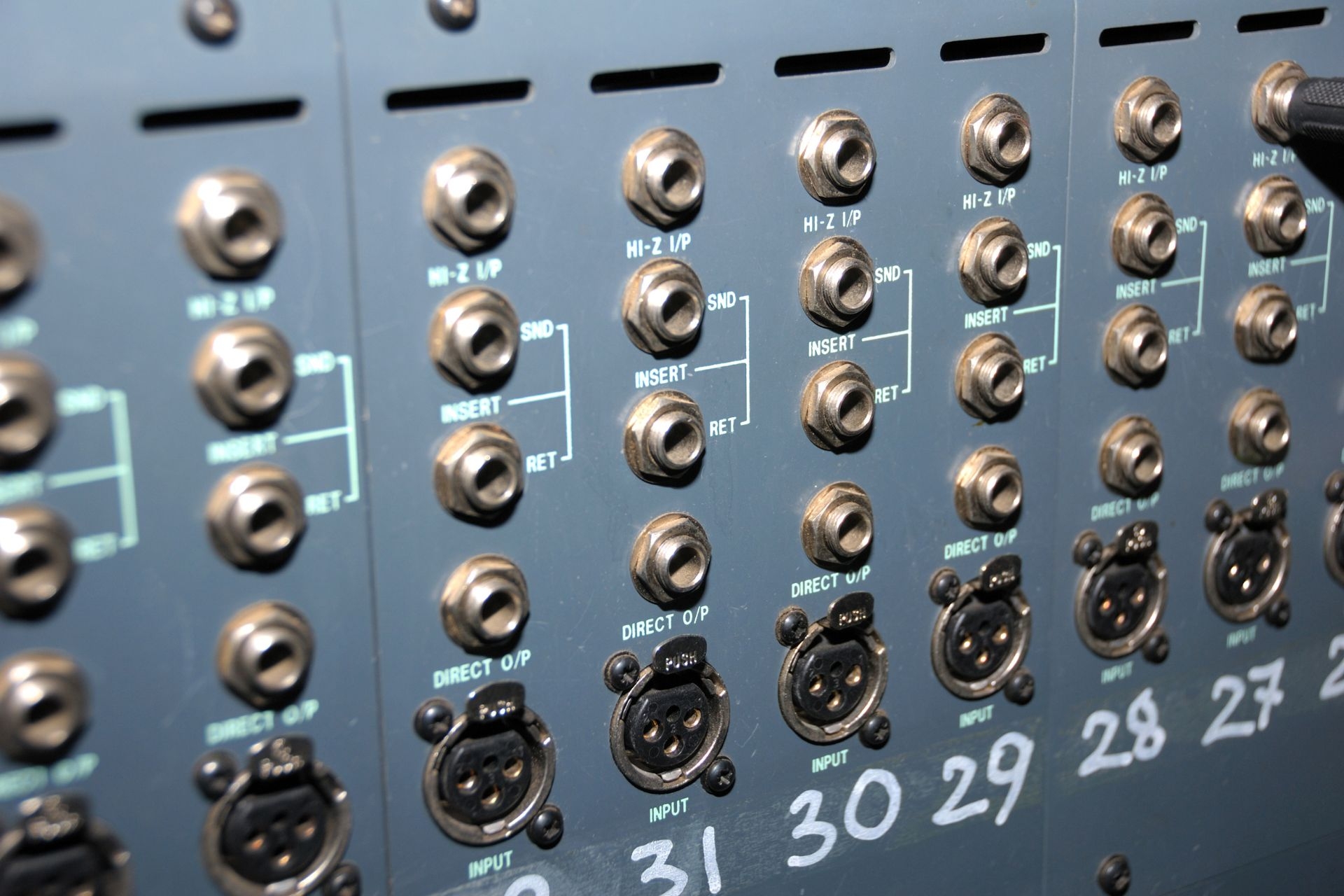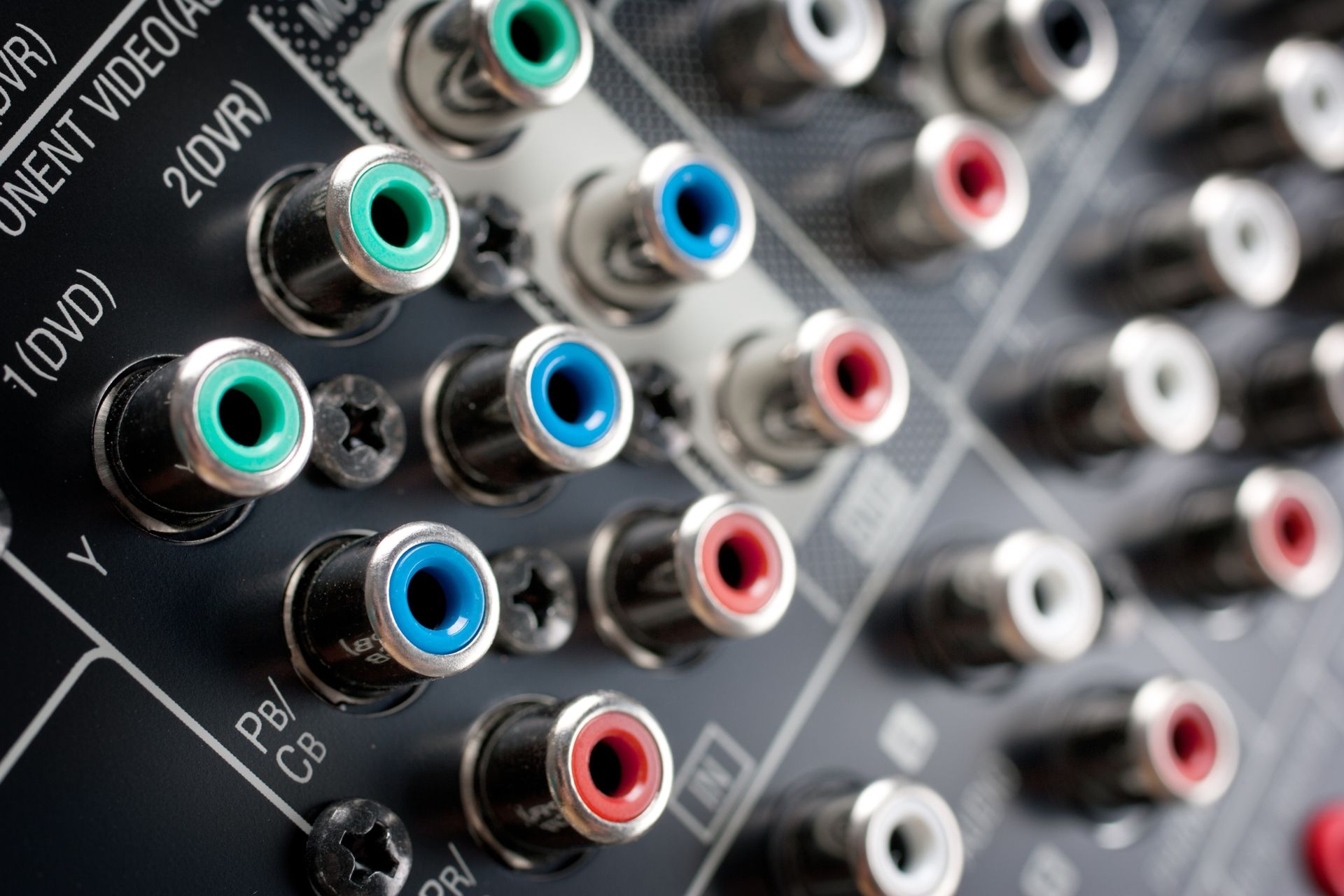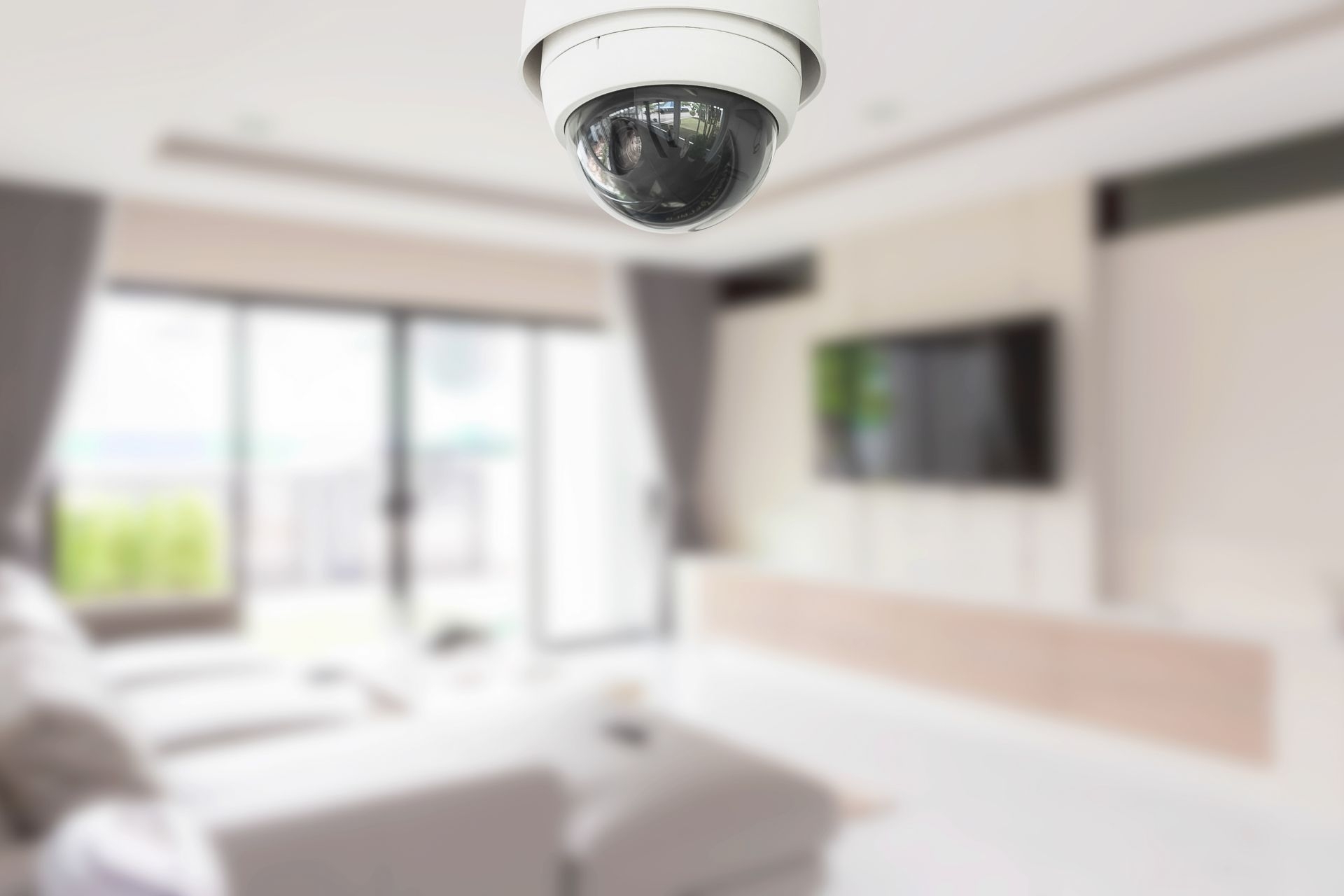Types of Wireless Cameras Available For Applications Such As Retail or the Hospitality Industry
What are the benefits of using wireless cameras in retail or hospitality settings?
Wireless cameras offer numerous benefits in retail or hospitality settings, including increased flexibility in camera placement, easy installation without the need for extensive wiring, and remote access to footage for monitoring purposes. These cameras can provide real-time surveillance, helping to deter theft, monitor employee behavior, and ensure the safety of customers and staff.
Wireless cameras offer a flexible and convenient surveillance solution for various industries, including retail and the hospitality sector. To learn more about the types of wireless cameras available for applications such as these, visit: https://storage.googleapis.com/wireless-camera-installation-for-cctv-security-cameras/index.html. These cameras provide businesses with the ability to monitor their premises without the constraints of wired connections, allowing for easy installation and scalability to suit specific needs.



